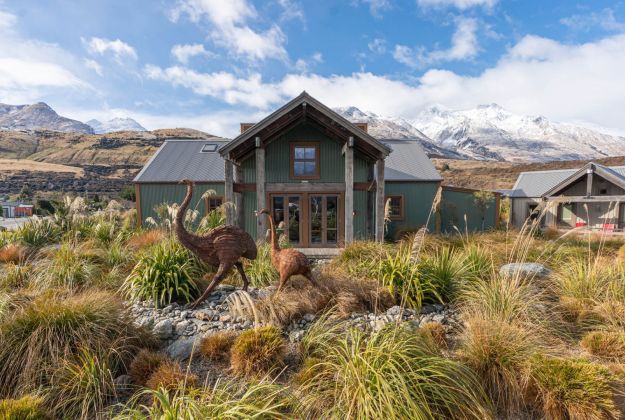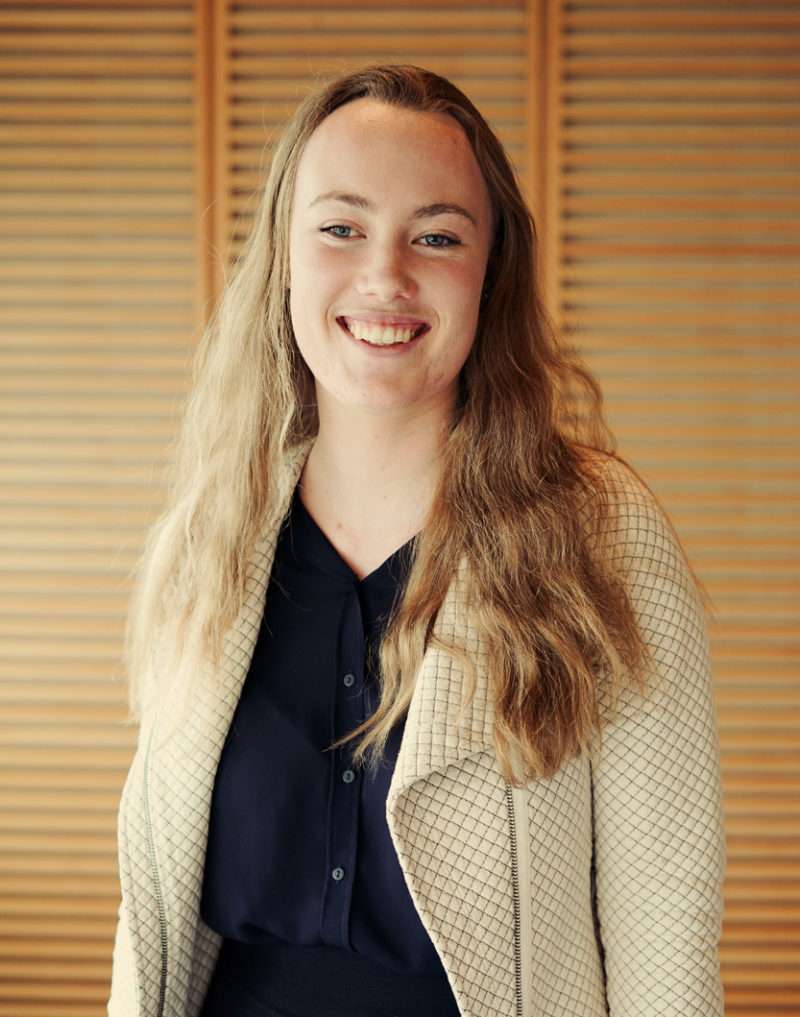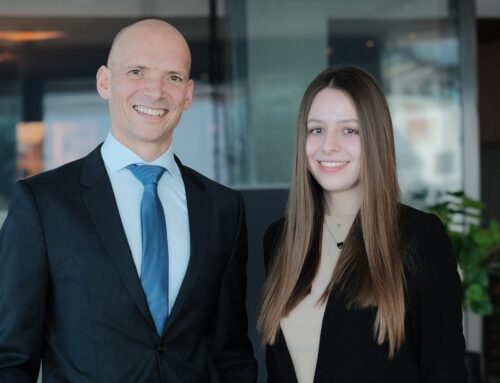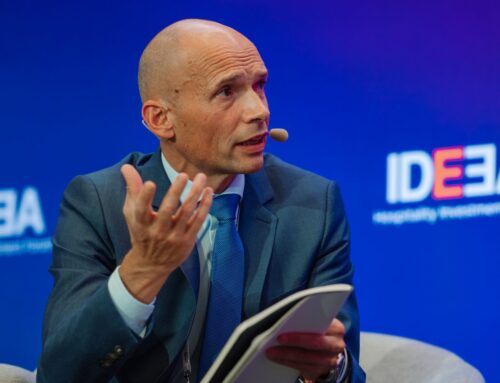“Hospitality concept opportunities driven by counter-urbanisation”
Trends shaping the future of hospitality
A key takeaway from COVID-19 is the ease of working-from-home, or working-from-anywhere. Through technological advancements, office culture will likely face a permanent shift. By granting employees increased flexibility, Francis states, “The relationship with the office is going to increasingly be on the employees’ terms.” A study by Gartner supports this as 74% of companies aim to shift to increased remote working scenarios post-COVID-19. Therefore, employees will seek a space in which they can connect with likeminded individuals in an environment stimulating creativity. Although on the rise, pre-pandemic, hybrid business models cater to the changing demands well, thus are likely to drastically increase, merging business, leisure and residential. For rural establishments specifically, there has been a noticeable rise in ‘workation retreats’, blending co-living, co-working, hotels, offices, restaurants and rural living, all of them combined are likely to be an attractive business model.
 Another important consideration for new hospitality concepts is the increasing demand for authentic experiences. Guests seek authenticity in their accommodation, which must also stimulate mental and physical wellbeing, take environmental and social responsibility into account and be true to its location. With an increasing desire ‘to be free’, a slower paced and more purposeful lifestyle is on the rise. A study conducted by Opodo found that 30% of trips booked via their platform for 2021 were for 15+ nights, indicating a rise in slow travel. In being authentic to the local area, a connection is sought by guests with the local community. Although integration is vital in being true to the local area, it poses a risk too. Often times when tourism increases, the DNA of the community is harmed as new values and ideas are introduced. Thus ultimately, the culture drawing visitors in is being adapted to better suit those visitors who are after more authentic experiences.
Another important consideration for new hospitality concepts is the increasing demand for authentic experiences. Guests seek authenticity in their accommodation, which must also stimulate mental and physical wellbeing, take environmental and social responsibility into account and be true to its location. With an increasing desire ‘to be free’, a slower paced and more purposeful lifestyle is on the rise. A study conducted by Opodo found that 30% of trips booked via their platform for 2021 were for 15+ nights, indicating a rise in slow travel. In being authentic to the local area, a connection is sought by guests with the local community. Although integration is vital in being true to the local area, it poses a risk too. Often times when tourism increases, the DNA of the community is harmed as new values and ideas are introduced. Thus ultimately, the culture drawing visitors in is being adapted to better suit those visitors who are after more authentic experiences.
Furthermore, when it comes to creating these authentic experiences, an establishment, which has a clear ethos, will see its guests resonating more with such an attractive vision. In doing so, genuine relationships can be formed between guests and staff, as similar beliefs are shared.
As personalised experiences are becoming increasingly important, so is flexibility. Seeking a laid-back lifestyle, while anticipating guests’ demands, as well as providing various options is vital to any rural establishment. In providing flexibility, integrating concepts from other industries could bring success as greater offerings can be provided. As mentioned previously, hybrid business models can therefore prompt great opportunities. Activities and services can be provided to different markets, thus the merging of different purpose stays becomes possible.
Conter-urbanisation
The counter trend to urbanisation or ‘counter-urbanisation’, whereby urban lifestyles are exchanged for the tranquillity of rural life, is on the rise. Although large urban centres in the Western world were declining in popularity pre-pandemic, COVID-19 drastically expedited the movement. As hospitality is one of COVID-19’s largest victims, the change in sought after lifestyles could prompt great opportunities for a much needed comeback of the industry.
To understand where the opportunity may lie, the geographical scope of counter-urbanisation was explored as well as key motivators.
 Figure 1: Counter-urbanisation Map
Figure 1: Counter-urbanisation Map
Counter-urbanisation is mainly happening in the Western world, specifically; the USA; UK; France; the Netherlands; Germany; Sweden; Australia; and New Zealand. Although most cities highlighted in figure 1 have been victims to counter-urbanisation for numerous years, international migration led to continued population growths, despite exodus from local residents. Since COVID-19 and its travel bans, international migration lessened while urban desires further decreased, meaning 2020 saw the first population declines in most cities. Los Angeles, Chicago and New York City however, have seen consecutive declines for the past three years.
As for relocation destinations, variations are large. However, pre-pandemic, suburbia and city proximity saw greatest demand, though rural destinations are gaining traction. In 2020, rural European house prices drastically increased, indicating a growing demand. Australians specifically, are drawn to ‘lifestyle cities’, offering a more relaxed way of life. Since COVID-19, growth among rural destinations has increased in all regions and due to well-maintained infrastructure. In turn, this enhanced accessibility and ease of working-from-home, which in all likelihood will continue growing in demand.
Historically, high urban living costs were the key driver for seeking greener pastures. Although this still plays a large role, the procurement of extra living amenities that can be purchased for less in rural destinations, is growing. In addition, various other factors play a key role too.
Firstly, large cities have become highly unmanageable. Densely populated spaces with high dependency on others and long commutes, all add to high-pressure living. Therefore, Lawrence states “People are rejecting the lifestyle that’s being offered in the centre,” and seeking alternatives that allow for:
- A slower-paced life
- Authentic experiences
- Self-sufficiency
- Escape into nature
- Simplicity
- Learning of new skills
As rural communities are generally stronger and form deeper connections, more-defined and personal communities are sought. Through increased rural development, there are increased offerings of services and improved infrastructure, allowing easy access to larger urban hubs. Thus, the need for urban living decreased. Urban centres will likely remain key hubs in which creativity, culture and entrepreneurship come together, though technology has eased working remotely and therefore decreased the need for constant urban presence.
Concept requirements
Catering to the future guest, a clear purpose is vital in any concept. This must be established early on in the process and carefully maintained after completion. When effectively incorporated into the building and design, facilities, activities and actions taken by the establishment, will see guests better resonating with the ideologies – a growing pull factor among guests. Camp Glenorchy Eco Retreat, New Zealand achieved this as their full philosophy is built of the Living Building Challenge, the world’s toughest building code. Not only are they a net-positive building and built a holistic building enhancing wellbeing through regenerative, sustainable materials, but all actions taken adhere to the Living Building Challenge ethos too.
 Camp Glenorchy Eco Retreat, New Zealand
Camp Glenorchy Eco Retreat, New Zealand
Despite the need for a ‘rural escape’, ease is sought in everyday life, meaning the journey to get to the establishment must be hassle-free. Therefore, a location near a larger cluster of people will increase attractiveness.
As previously mentioned, there is a need for authenticity in hospitality establishments. This becomes especially necessary when located rural areas, which has guests seeking an experience highlighting the local culture and surrounding. In order to be truly authentic, the local community should benefit the establishment too, through mutually-beneficial services. This could be achieved by providing a new service to the community, employment opportunities, improved infrastructure, donations and any other benefit that adheres to the company and community purpose / identity.
Seeking ease and flexibility, while anticipating demands has never been more important. For those reasons, establishments should cater to the varying purposes and demands either through a hybrid business model or by offering facilities that have an appeal to various markets. Simplicity in activities and services should be on offer, though not overtly sold as that may create a sense of obligation. In targeting mixed-purpose guests, flexibility remains the operators’ prerogative. Creating flexible spaces without a clear purpose ensures that the concept can easily be changed, as well as continue to remain attractive when guest demands change.
This research would not have been possible without the collaboration and insights from:
Chris Penn Co-Founder at Birch Community
Craig Lawrence Managing Director at Lytton Advisory
Edward Francis Founder & Strategy Director at The Rebel Company
Marc Jongerius Co-Founder & Managing Director at Zoku
Prashant Kim Accommodation Manager at Camp Glenorchy Eco Retreat, New Zealand
Rene van Schie Director of Hotel- and Leisure Developments at Metropoolregio Amsterdam
About the author
Anke Wijkhuijs
Born in London to Dutch parents, Anke lived mostly in the Middle East and now resides in the Netherlands. Then, she started her studies of International Hospitality Management at “Hotelschool The Hague”. Prior to HoCoSo, she interned at the Waldorf Astoria Edinburgh – the Caledonian. She joined HoCoSo in 2020 as Hotel Analyst Intern and has graduated in March 2021.
About HoCoSo
HoCoSo are advisors with a difference.
We create tailor-made and innovative solutions for clients’ hospitality-led projects by bringing together the optimum team of sector specialists.
Jonathan Humphries, Chairman and Owner of HoCoSo, and his direct team specialize in the extended-stay, co-living, and hotel-alternatives hospitality market; luxury, lifestyle and boutique hotels; and resort developments in Europe, the Middle East and Africa (EMEA). Our strengths lie in the following core services:
- Product & Concept Creation, for portfolio & individual asset developments.
- Strategic Development Projects with a focus on new-market / new-concept business expansion planning, operator selection, market and financial feasibility studies.
- Transformative Asset Management for brand re-positioning, asset re-evaluation and concept re-structuring.
- Hospitality Education for companies and academic institutions, with a focus on bespoke course development, training and teaching.
- Workshops, Keynotes and Conference Moderating for boards, leading international conferences and incubators.
During the covid19 crisis, HoCoSo launched HoCoSo CONNECT, an initiative aimed at bringing the industry together to brainstorm and collaborate; HoCoSo CONVERSATION, a podcast channel encouraging the discussion with thought leaders from around the globe, for the hospitality industry; and, in collaboration with Atlas Coaching and Cervus Leadership Consulting, we also launched the Hospitality Resilience Series , a combination of online events, insights and discussions aimed at helping build your personal resilience and inner immunity.









Leave A Comment